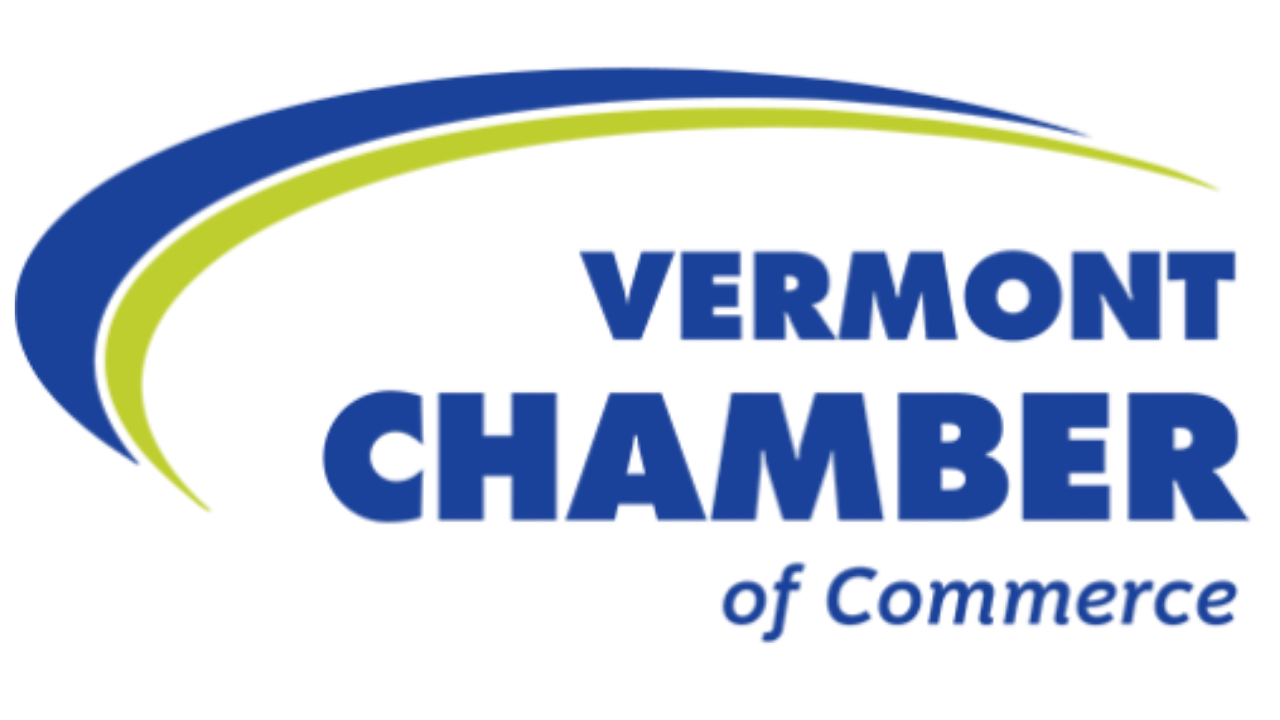Legislature Adjourns: What Businesses Need to Know
The House and Senate gaveled out on Saturday at 2:07 AM and 1:18 AM respectively, following a tumultuous day of negotiations. Bills will now head to the Governor for his consideration and potential veto. Legislators are then set to return to the State House on June 17 to try and garner the two-thirds vote majority to override his decisions.
Below are the top headlines that you should know:
- Housing and Act 250 Modernization: Vermont lawmakers and stakeholders have achieved a noteworthy feat: passing substantial reforms that exempt the building of housing units from Act 250 in villages, neighborhoods, and downtowns across the state. The legislation represents a historic compromise that will help reduce regulatory barriers to meet workforce housing needs. Following nearly a year of negotiations, the bill is set to introduce a process to create a tiered location-based approach through extensive community engagement over the next three years. It will tailor the applicability of Act 250 based on a development’s location and environmental sensitivity. It will also establish a professional board to make the Act 250 process more predictable, fair, and timely in every district. The Governor has been critical of the bill throughout the session, but it remains to be seen if he will sign it into law, veto it, or allow it to become law without his signature.
- Property Taxes: The Vermont House and Senate reached a consensus on the annual property tax bill aimed at funding school districts’ budgets. The bill would increase the average education property tax bill by a crushing 13.8%. Key provisions that brought it down from 18% include utilizing a one-time state budget surplus of $25 million to mitigate property tax rates, introducing a new 3% surcharge tax on short-term rentals, and a $14.7 million tax on internet software access (aka the “cloud tax”). The absence of immediate structural reforms to education financing remains deeply concerning and the establishment of a study committee on the issue does little to temper fears that Vermonters will be facing extreme increases again, next year. All eyes will be on the Legislature in June to see if there are enough votes to sustain the Governor’s likely veto, and if a veto letter will provide further suggestions on how to reduce the double-digit increase before Vermonters receive their tax bills.
- Data Privacy: In the final hours, Senators walked back their version of a data privacy bill that would have been regionally compatible and removed a private right of action. The Vermont Chamber has consistently advocated for three essential pillars, all of which we have advocated for in other policy proposals as well: regional compatibility, empowering the Attorney General as the sole enforcement authority, and funding small business education and training through trusted in-state technical assistance providers. The bill will now be sent to the Governor for his consideration and, if enacted, it would introduce rigorous and untested regulations impacting businesses of all sizes. While it aims to enhance consumer privacy, a goal supported by the Vermont Chamber, it also presents significant challenges for businesses. It would require substantial adjustments to data management practices that could impact operational efficiency, and leave education and outreach to the Attorney General.
- Public Safety: To address the statewide uptick in retail theft, a bill passed by the House and Senate amends the penalties associated with various theft thresholds by increasing the penalty per repeat incident. Currently, theft of merchandise valued at less than $900 constitutes a misdemeanor offense, regardless of repeat offenses. The bill, which still awaits a verdict from the Governor, classifies a third offense as a felony if the stolen property falls within the $250 to $900 value range. This would entail substantial fines and potential jail time.
- FY25 Budget: A conference committee reconciled differences before sending an $8.6 billion state budget to the Governor, who signaled at a press conference he would likely sign the bill, despite a 0.25% increase over his proposed budget.
- Renewable Energy Standard: The Legislature passed a bill significantly expanding the state’s Renewable Energy Standard, with most retail electricity providers required to reach 100% renewable energy by 2030, and municipal providers by 2035. The bill has estimated cumulative costs to ratepayers ranging between $150 million and $450 million over the period from FY 2025 to FY 2035, with potential incremental electricity rate increases up to 6.7% by FY 2035.
- Chemical Regulation: A bill banning chemicals such as PFAS, phthalates, formaldehyde, mercury, and lead from various consumer products is headed to the Governor for his consideration. The bill aligns with similar legislation in California, Minnesota, Maine, and Washington.
- Liquor Liability Insurance: A miscellaneous alcohol bill passed by the Legislature delays the implementation of mandatory liquor liability insurance until July 1, 2026. This essential measure would meet the need for the insurance market to adjust due to increasing premium rates and reduced capacity for insurers to accept risk.
- Job Advertisement Requirements: A bill mandating the inclusion of a wage range in job advertisements has been sent to the Governor for consideration. If signed, the law will go into effect in 2025 with a mandate for the Attorney General to work with stakeholders on education and outreach.
- Captive Audience: A bill that limits the ability of a business to communicate with employees, if an employee felt the communication was of a religious or political nature, has passed and will move to the Governor for review.
- Recovery and Resiliency: A bill that ensures considerations for businesses while enhancing government responses to natural disasters is expected to pass. The Vermont Chamber advocated for businesses to be included in the scope of the bill early in the session.
- Business Incentives: Several studies and changes to Vermont’s primary business incentive, the Vermont Employment Growth Incentive (VEGI) program, were considered in the last two years. Ultimately, all that was agreed to was a two-year extension of the programmatic VEGI sunset.
RECENT ADVOCACY NEWS
Solutions Summit Brings Leaders Together to Turn Strategy Into Action
September 3, 2025
Navigating Federal Tax Reform: Impacts for Vermont Businesses
August 21, 2025



